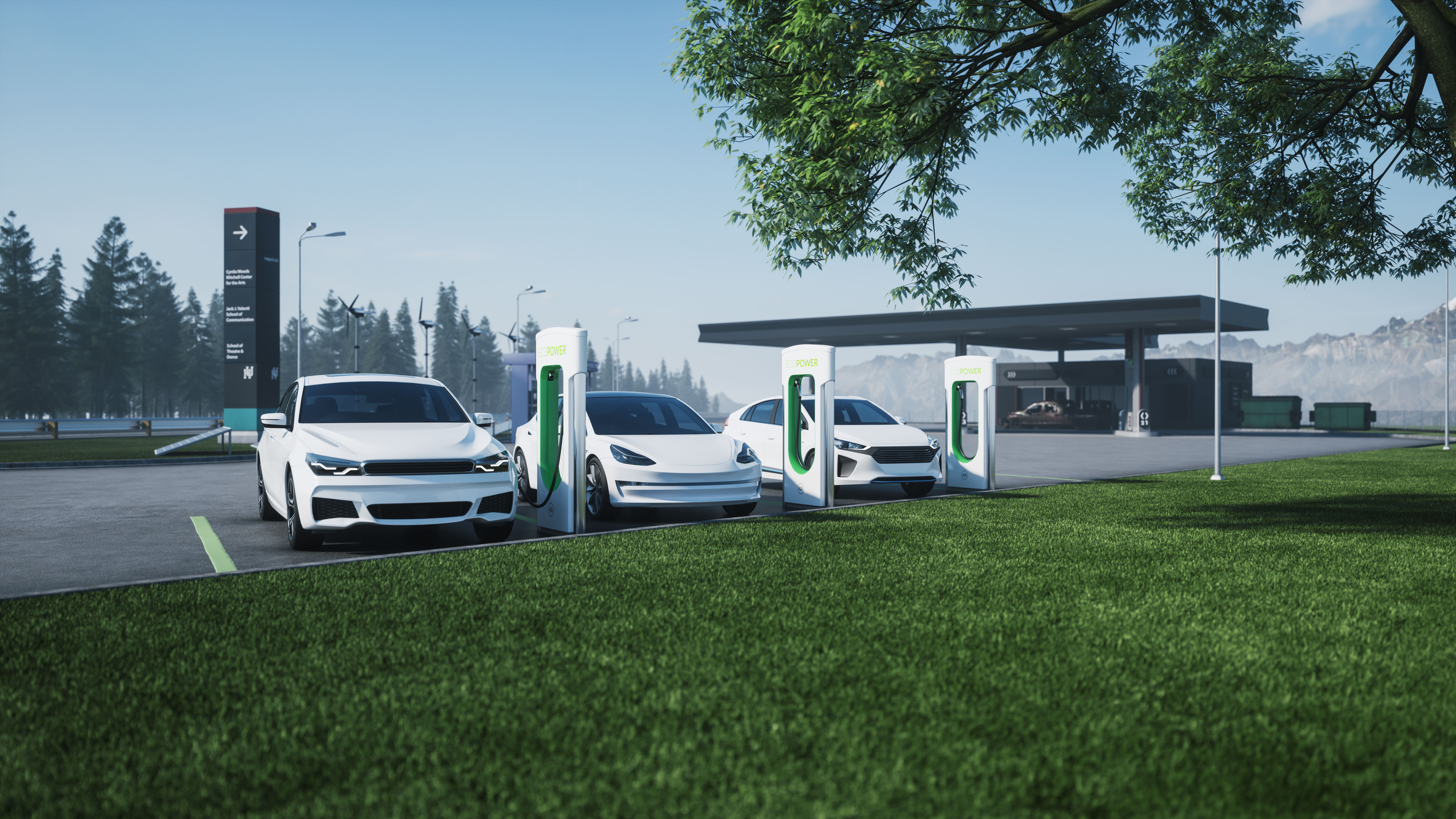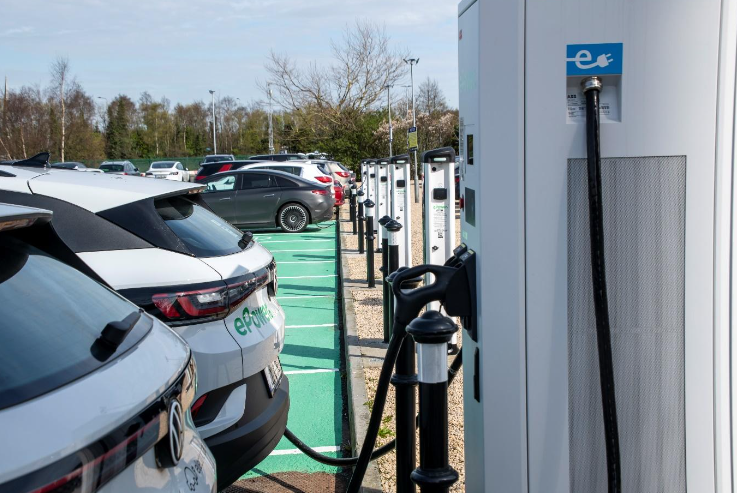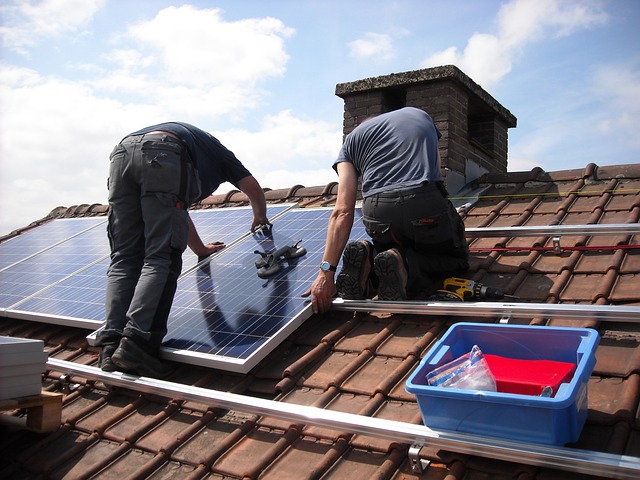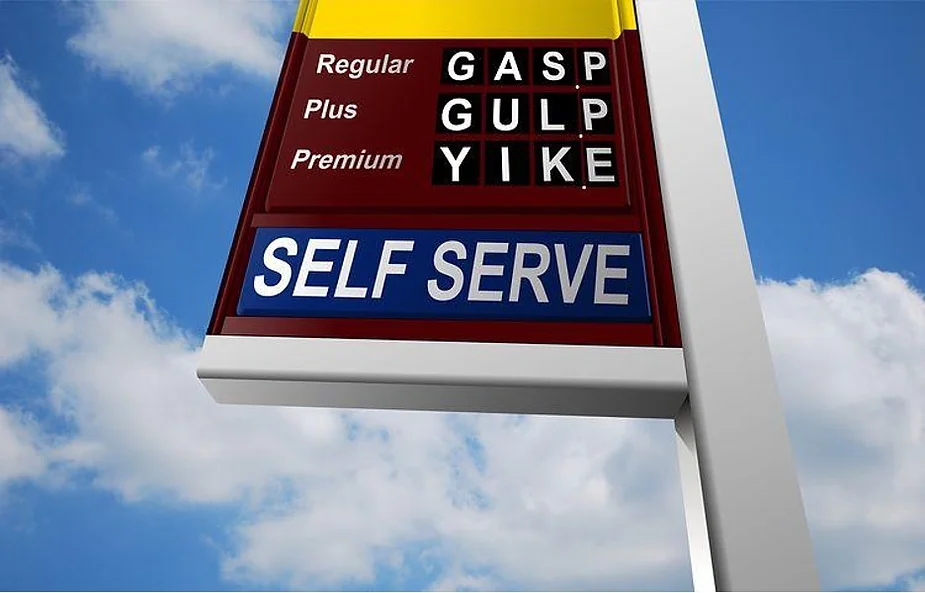
Electric vehicles number about 41,000 on Irish roads. As of September 2021, more than 14% of registered vehicles in Ireland are electric or plug-in hybrid cars. So, it is accurate to state that the residents of Ireland are starting to embrace this new clean, green way of getting around with gusto. Moreover, many are hopeful that there will be an increase in EV uptake with the soaring fuel prices.
The current fuel crisis has left many drivers scrambling to find petrol and diesel. Electric vehicles (EVs) could be a solution to this problem, but only if there are enough EV charging stations.
What Are EV Charging Stations?
Electric vehicle charging points are devices used to charge electric vehicles, such as plug-in hybrid electric vehicles (PHEV). Often, electrical vehicle components are equipped with an adapter which plugs into the standard power outlet. Other electrical vehicle charging stations offer electrical conversion, monitoring, and safety functions. EVSEs provide a faster charger for higher voltages and currents.
There are a few different types of electric vehicle charging stations, but the most common in Ireland are Level 2 AC stations, which use 240 volts and can charge an EV in 4-6 hours. There are also Level 3 DC fast chargers, which use 480 volts and can charge an EV in 30 minutes to 1 hour.
Battery Electric Vehicles (BEVs)
As the name suggests, BEVs are fully electric and run solely on a battery, unlike hybrid electric and fuel electric counterparts PHEVs. The 2021 model BEV has a battery-operated range of 200-550 kilometres, while other top-end models, such as the Model S Plaid +, can travel 835 km. When battery life runs low, the battery may take up to a full hour, depending on its model and type.
Plug-in Hybrid Electric Vehicles (PHEVs)
Modern plug-in electric vehicles run on battery-fuelled energy over a range of 45 – 70 kilometres before switching to an external combustion engine when the battery is exhausted. The choice allows the owners to use electricity as much as possible but also petrol when necessary.
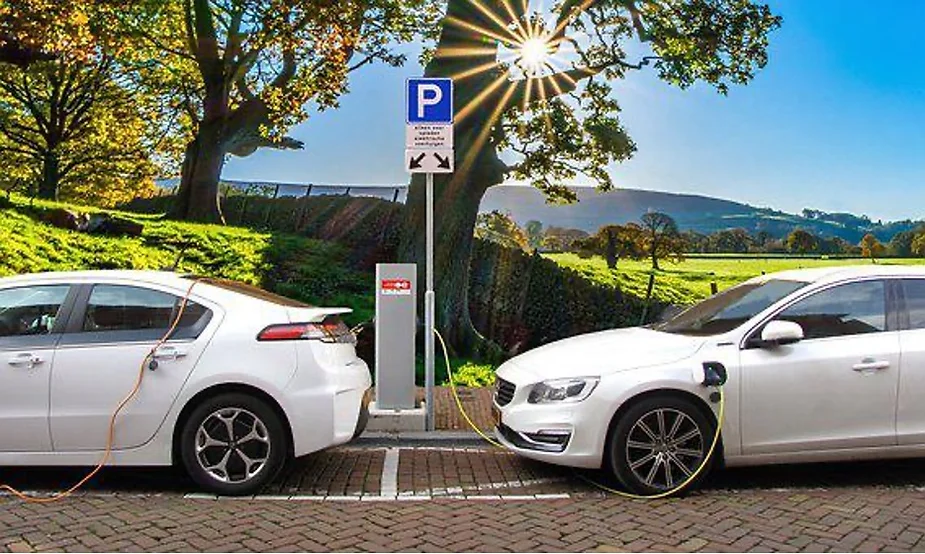
Electric Vehicles and EV Charging Stations on the Irish Market
Electricity continues to evolve in its current role to be the cheapest low-carbon fuel available through the adoption of renewable energy sources. In the past three years, electrifying transportation is the cheapest option.
Electric cars offer a safe and sustainable transportation solution that doesn’t need fuel like petrol and diesel. For the first time, the government has endorsed the development & deployment of electric cars throughout Europe in an effort to reduce carbon emissions by 2022.
This is excellent because the government’s climate action plan aims to put 950,000 electric vehicles on Irish roads by 2030, which is around a third of all automobiles currently on the road.
Meanwhile, there are currently about 1,400 public EV charging points in Ireland, but this is only a fraction of the number of petrol stations.
What Is the Irish Government Doing to Increase EV Charging Stations?
The Irish government is currently working on a plan to increase the number of electric vehicle (EV) charging stations across the country to combat the current fuel crisis. However, it is unclear if this will actually help alleviate the problem.
Many experts believe that the root cause of the fuel crisis is not the lack of charging stations but rather the low number of electric vehicles (EVs) on the road. This is because electric cars currently make up a very small percentage of the overall vehicle market in Ireland. Simply put, even if there were more charging stations available, there would still be few drivers who would actually use them.
Why Are There Few EVs in Ireland?
The low market share is due to several factors, including the high cost of EVs, lack of charging infrastructure, and consumer reluctance.
Why Are Electric Vehicles Expensive?
Electric vehicles are expensive for a variety of reasons. The most significant factor is the cost of the batteries. Electric vehicle batteries are generally much larger and more sophisticated than traditional car batteries and thus are significantly more expensive. Other factors contributing to the high cost of electric vehicles include the price of the motors and charging infrastructure. Finally, electric vehicles are often more expensive to insure than traditional cars.
The thing is that, while the initial cost of an electric vehicle may be high, they are cheaper to operate and maintain over the long term.
Why Are There Still Few Charging Points in Ireland?
For one, charging stations are being built and planned at a steady clip, but they compete with other road projects for funding and are subject to infrastructural challenges unique to Ireland.
There’s a definite push from EV owners, manufacturers and other groups, but some also question the need for more public charging stations. They ask: “Why make it easy for people to charge their cars when most of them still don’t have an EV yet?”
Why Are People Reluctant to Purchase EVs?
It is worth noting that Irish drivers are generally quite reluctant to switch to EVs. A recent study found that just 1% of Irish motorists would consider buying an EV as their next car.
So, while increasing the number of EV charging points may be a worthwhile goal, there are those who think it is unlikely to impact the current fuel crisis significantly. This is because the vast majority of drivers are simply not ready to make the switch to electric vehicles.
It is not known what the reason is behind the reluctance. But what is certain is that the current fuel crisis has caused many to think about electric vehicles (EVs) as a more sustainable option. The hope is that the current situation will encourage more people to switch to EVs.
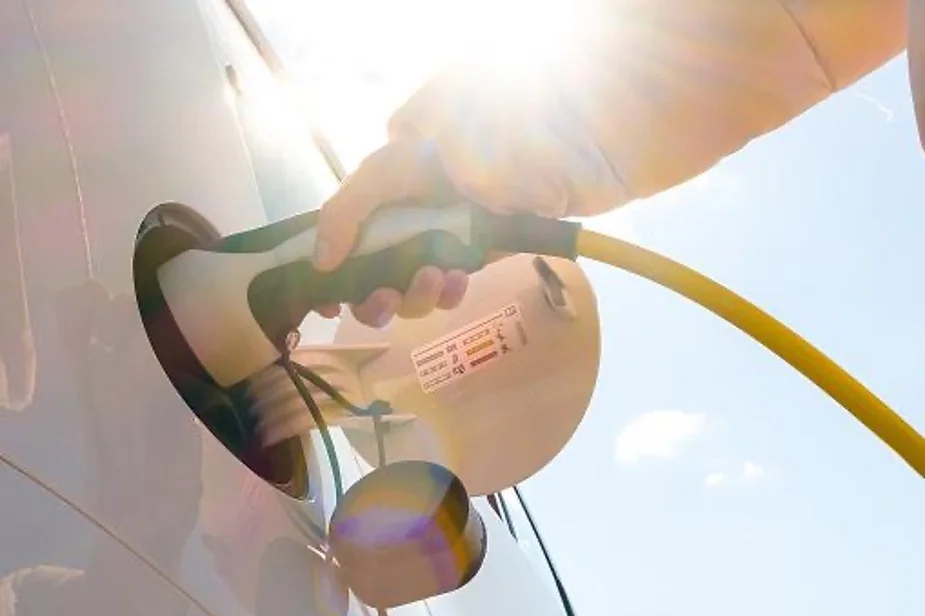
Will More EV Charging Stations Solve the Fuel Crisis in Ireland?
As mentioned earlier, some believe that increasing the number of EV charging stations will convince more people to buy EVs. Consequently, with more people driving electric, fuel demand will decrease.
However, installing more EV charging points is not easy. First, it would take a significant investment to build enough electric car charging stations to accommodate everyone who wants to switch to an EV.
Additionally, it’s unclear how effective this plan would be in the long term. It’s possible that people would simply charge their EVs at home and only use the public charging stations when they’re running low on power.
Ultimately, it’s difficult to say whether or not increasing the number of EV charging stations would help with the current fuel crisis. It’s a complex issue with many factors to consider. However, it’s clear that EVs have the potential to make a significant impact on our fuel consumption and the way we use transportation in the future.
How Could Electric Vehicles Help With the Current Fuel Crisis?
Electric vehicles could help alleviate the current fuel crisis in several ways. First, electric vehicles are much more efficient than traditional petrol-powered cars. This means they use less fuel overall, thus, requiring fewer trips to the pump.
Additionally, electric vehicles produce fewer greenhouse gases and pollutants. So, they would help reduce pollution and the overall environmental impact of transportation. Finally, electric cars are powered by electricity, a domestic energy source. This means that electric vehicles could help reduce our dependence on foreign oil.
Are You Ready to Make the Switch to an Electric Vehicle?
With the current fuel crisis, now might be the time to consider an EV. But what about the limited number of charging stations in Ireland? While this is a real issue, it shouldn’t stop you from getting an EV.
For one, the government is committed to installing more charging stations all over the country. Also, if you make a lot of short journeys, you can consider installing a home EV charger.
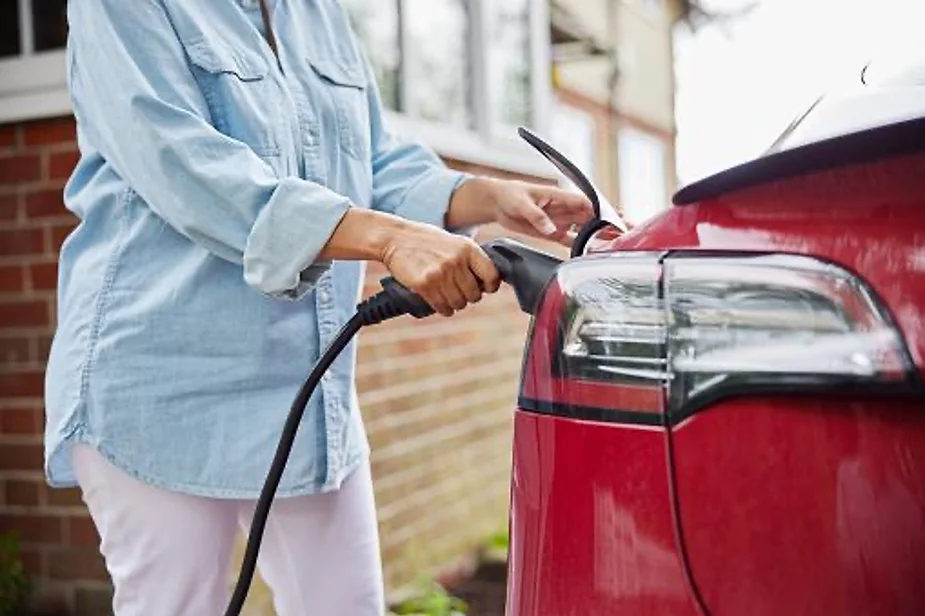
How Do I Get a Home Charger Installed?
If you’re considering an electric car, one of the decisions you’ll need to make is whether to get a home charger installed.
A home charger can be a great convenience, as it means you can charge your car overnight while you sleep without having to worry about finding a public charger during the day.
Installing a home EV charge point is a relatively simple process, and many companies, like ePower, offer installation services.
The installation cost will vary depending on the charger you choose and the company you use, but it is typically around €500-€1,000.
What Are the Steps to Installing an EV charger?
1. Contact Us
Contact ePower in a way that is most convenient for you to install your electric vehicle charge point:
A. Call us on 01-9029800,
B. Email us at info@epower.ie
C. Fill out the form, and we will contact you!
Hiring us means you’ll have experts taking care of your home charger installation. These professionals can install charging points in a short time because they have technical experience.
2. SEAI Grant
We are here to answer any questions about the €300 SEAI Grant. We can also assist you in completing your application for an EV home charger.
3. Choose a Charger
The ePower team will guide you through our extensive product range to ensure you get the right EV home charger. The type that meets your needs now and in the future.
4. Survey and Quote
The ePower team, specifically one of our Safe Electric-approved installers, will contact you within 24 hours of your initial contact to schedule a house inspection at your convenience.
During the onsite survey and visual inspection, our expert installer will determine the most convenient area to place your charging device.
After the inspection, we will prepare the EV charger installation quotation. At ePower, our pricing is always correct since we always conduct a preliminary survey. You can trust that there won’t be any surprises along the way.
5. Installation Schedule
When you’re satisfied with the quote, an installation date will be set at your convenience and our Safe Electric-approved installer will install your charger.
Once the charger is installed, our installer will conduct a demonstration to show you how the charging system works.
6. Follow Up
Our work doesn’t end once you receive your charger. We’ll follow up with you to ensure everything went well and that you are satisfied with your device.
Do you still have questions about EV charging stations? Or do you want to learn more about installing an EV home charger? Click here to leave us a message!
